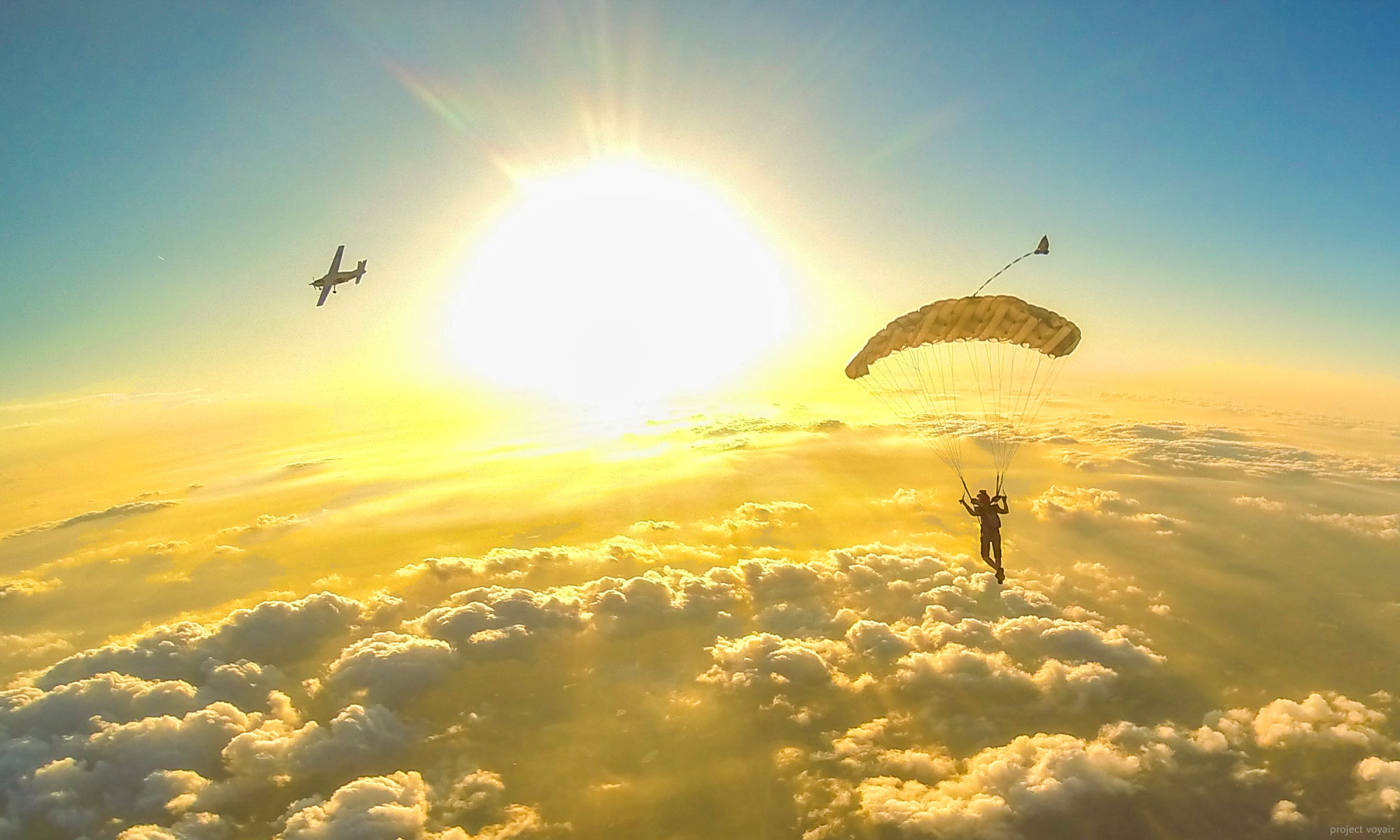Skydivers come in all shapes and sizes and from all walks of life, but If one word could be used to describe nearly all of us it would probably be “passionate.”
This is a sport we love dearly and deeply, and we love to share that passion with others. That passion, unfortunately, can cause problems in the scenario of one jumper giving another advice. If you are a skydiving student or less experienced jumper, sometimes the advice you get from random fun jumpers on the dropzone is not suited for you, so listen with care.
Most skydivers love to give back to this sport by helping out those newer to skydiving than ourselves. The stories shared among skydivers during and after hours at the dropzone are a huge learning opportunity and a major part of the fun of this sport. However, advice given around the figurative bonfire is not always something you should take as gospel, even if it comes from a very experienced jumper.
Different skydivers have different experiences and goals than you might have, and the advice they think is proper may be counterproductive or potentially dangerous to a less experienced jumper. For example, if someone is encouraging you to downsize canopies significantly, explore high-performance landings, or get on large tracking dives when you have very few jumps, that’s a red flag. They would never lead you astray intentionally, but sometimes it’s easy for people to forget just how long it can take to achieve the skills needed to do some of these things safely.
By all means, listen to advice you receive and listen well. But also listen with care, and discuss new concepts and advice with your instructors before trying them. Your Skydiver Training Program instructors are experienced in training skydiving skills and they have a good handle on what advice will be suitable for you and your particular level of skill at the moment. They’re your best judge of what you are ready to do safely and what advice you should follow.
If you are no longer a student or learned to jump elsewhere, but still have questions, also go to our instructors. They are happy to help you “vet out” advice so you can stay safe!
Blue skies and fly safe!

